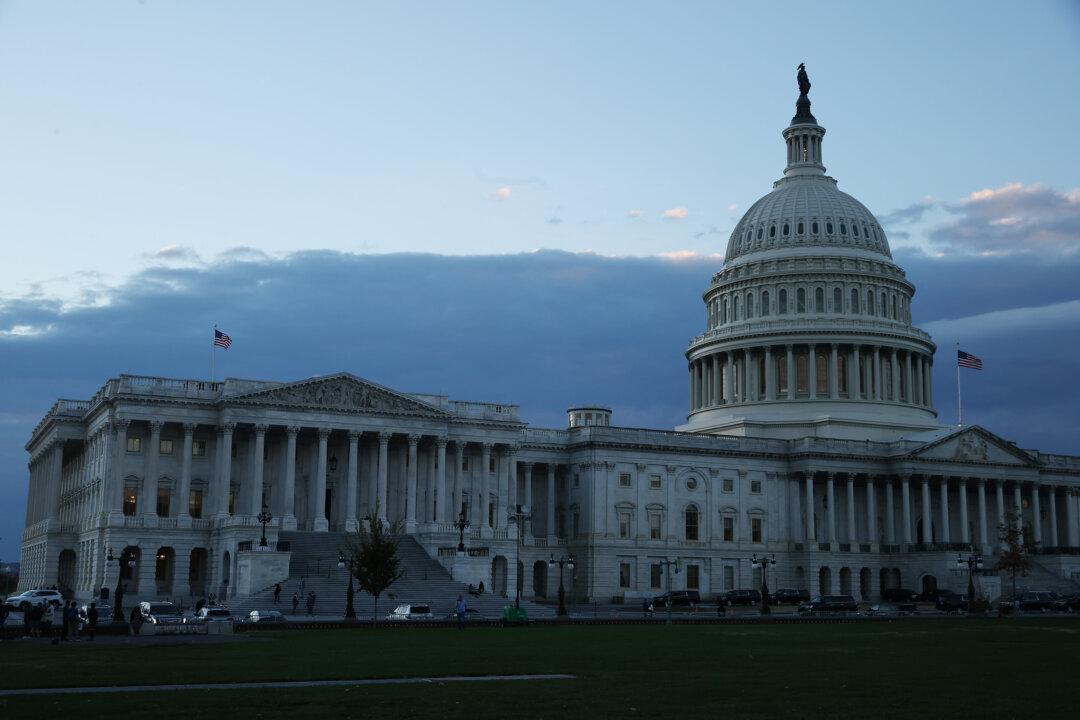Commentary
It makes for a depressing reading. The Congressional Budget Office (CBO) anticipates that federal spending will continue to outstrip revenues.

It makes for a depressing reading. The Congressional Budget Office (CBO) anticipates that federal spending will continue to outstrip revenues.